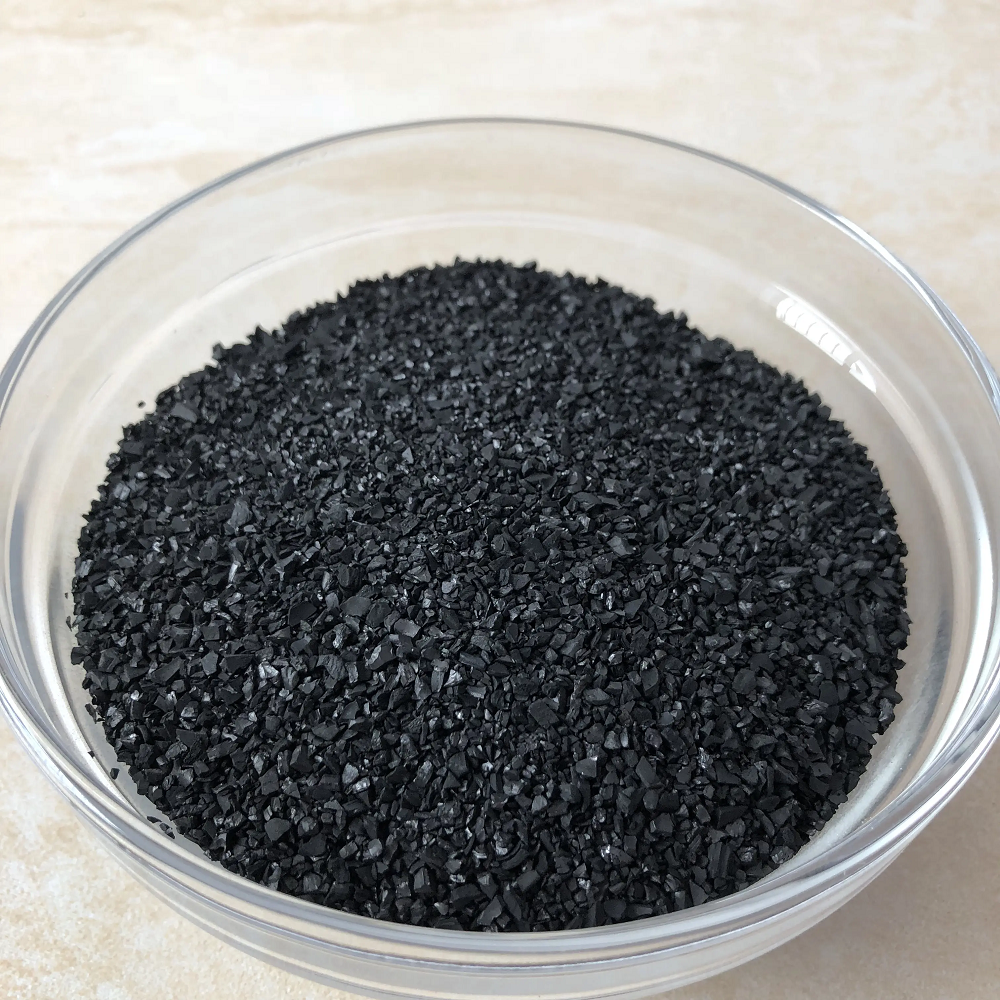A charcoal pulverizer machine is a piece of equipment designed to grind charcoal into fine particles or powder. This powdered charcoal can be used for various purposes, such as making charcoal briquettes, activated carbon, or other applications in industries like metallurgy, chemical processing, and agriculture.

The machine typically consists of a grinding chamber with rotating blades or hammers that break down the charcoal into smaller particles. The size of the final charcoal powder can be controlled by adjusting the settings on the pulverizer.
Here are some key features and considerations for a charcoal pulverizer machine:
Grinding Mechanism: Charcoal pulverizers can use different mechanisms for grinding, such as hammer mills, impact mills, or other types of grinding equipment.
Material Handling: The machine should have a mechanism for feeding charcoal into the grinding chamber efficiently. This could involve conveyor belts, augers, or other feeding systems.
Size Adjustment: The ability to adjust the size of the charcoal particles produced is essential for meeting different application requirements.
Motor and Power: The machine should be equipped with a motor suitable for the intended workload. The power requirements depend on the capacity and the hardness of the charcoal being processed.
Durability and Construction: Consider the materials used in the construction of the machine to ensure durability and resistance to wear and tear, especially given the abrasive nature of charcoal.
Safety Features: Safety considerations are crucial. Ensure that the machine has appropriate safety features, such as emergency shut-off mechanisms and protective guards.
Capacity: The capacity of the machine should match your production needs. Different machines have different throughput capacities.
Ease of Maintenance: Look for a machine that is easy to clean and maintain. Regular maintenance is crucial for the efficient and long-term operation of the equipment.
When looking for a charcoal pulverizer machine, it's important to consider your specific production requirements, the type of charcoal you are working with, and the end products you intend to produce. Additionally, always follow safety guidelines and recommendations provided by the manufacturer for the proper use and maintenance of the machine.
Charcoal pulverizer machines come in various types, each designed for specific applications and production requirements. Here are some common types of charcoal pulverizer machines:
Description: Hammer mills are widely used in various industries for grinding and pulverizing materials, including charcoal.
Operation: The hammers or blades attached to a rotating shaft impact the charcoal, breaking it down into smaller particles.
Applications: Suitable for producing fine charcoal powder for various applications, including charcoal briquettes.
Description: Impact mills operate on the principle of high-speed impact to break down materials. They can be used for grinding charcoal into fine powder.
Operation: Charcoal is fed into the grinding chamber and impacted by rapidly moving hammers or impellers.
Applications: Commonly used in industries requiring precise particle size reduction.
Description: Ball mills are rotating cylindrical vessels filled with grinding media (such as balls) that impact and grind materials.
Operation: Charcoal is introduced into the rotating mill along with grinding media, and the impacts between balls and charcoal particles reduce the size.
Applications: Suitable for both dry and wet grinding; used in various industries, including chemical processing.
Description: Jet mills use high-velocity air or gas jets to impact particles against each other. They are suitable for fine particle size reduction.
Operation: Charcoal particles are introduced into the jet mill, and high-speed jets of air or gas break them down into finer particles.
Applications: Often used for producing very fine charcoal powder for applications like activated carbon.
Description: Cage mills have a multi-row design with cages containing spinning rotors. Charcoal is fed into the center of the cage and impacted by the rotating cages.
Operation: The charcoal is crushed by the spinning cages, resulting in particle size reduction.
Applications: Suitable for various materials, including charcoal, and can provide uniform particle size distribution.
Description: Roller mills consist of one or more pairs of rotating metal rolls that crush and grind materials between them.
Operation: Charcoal is fed between the rollers, and the pressure applied by the rollers crushes and grinds the material.
Applications: Used for various materials, including charcoal, and can produce a uniform particle size.
The choice of a specific charcoal pulverizer machine type depends on factors such as the desired particle size, production capacity, and the characteristics of the charcoal being processed. It's essential to consider these factors and consult with equipment manufacturers to select the most suitable type for your specific needs.
Shanghai CLIRIK Machinery specialize in producing various charcoal pulverizer machines, such as hammer mill, ball mill, Raymond mill, ultrafine mill, vertical mill and so on.
They can be used to process 30-3000 mesh charcoal powder to meet different needs.
Welcome to contact us to get the latest quotation:
Email: sales@clirik.com
WhatsApp: +8613512155195
Share: